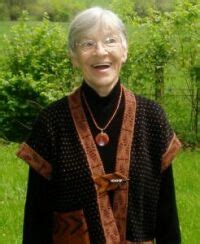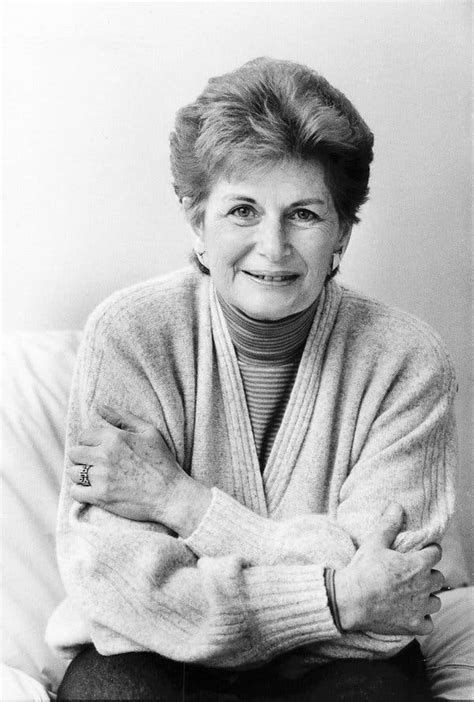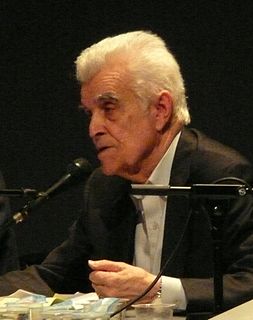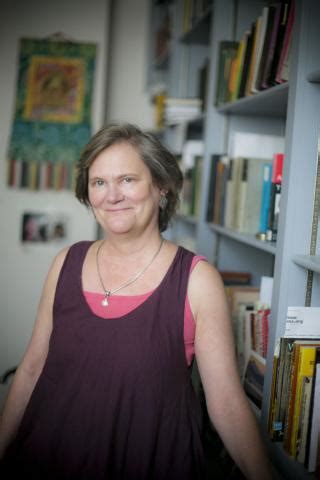A Quote by Geoffrey Chaucer
Related Quotes
At the very beginning, it's a desire and that's not the same thing at all, because when you have the desire to do something, all the work you can do is a positive thing. It's not something that you calculate. An idea is something you work on to make it work and a desire is much deeper in a way. The immersion, it's classical, I watched a lot of movies.
Something that comes to us, some gym shoe that comes to us as a result of child labor from a brutal dictatorship, where people do not have basic freedoms, it wouldn't bug me to tax the living Dickens out of that thing or even to forbid its importation whatsoever. But that's a moral question, not an economic question.
The word desire suggests that there is something we do not have. If we have everything already, then there can be no desire, for there is nothing left to want. I think that what the Buddha may have been trying to tell us is that we have it all, each of us, all the time; therefore, desire is simply unnecessary.
That myth--that image of the madonna-mother--has disabled us from knowing that, just as men are more than fathers, women are morethan mothers. It has kept us from hearing their voices when they try to tell us their aspirations . . . kept us from believing that they share with men the desire for achievement, mastery, competence--the desire to do something for themselves.
If the desire to kill and the opportunity to kill always came together, who would escape hanging? Framed in a more positive light, this tells us also that if we wish to accomplish a particular thing then we need to increase our level of desire for that thing and to create or seek out the opportunities and right environment for it to happen without fail.
It is not merely our own desire but the desire of Christ in His Spirit that drives us to grow in love. Those who seldom or never feel in their hearts the desire for the love of God and other men, and who do not thirst for the pure waters of desire which are poured out in us by the strong, living God, are usually those who have drunk from other rivers or have dug for themselves broken cisterns.
The thing you can't measure is someone's heart, someone's desire. You can measure a 40, his vertical, his bench press, and that might let you know things like, yeah, he can jump high. But desire, his dedication, his determination, that's something you can't measure. That's something you can't measure about Rod Smith.







































